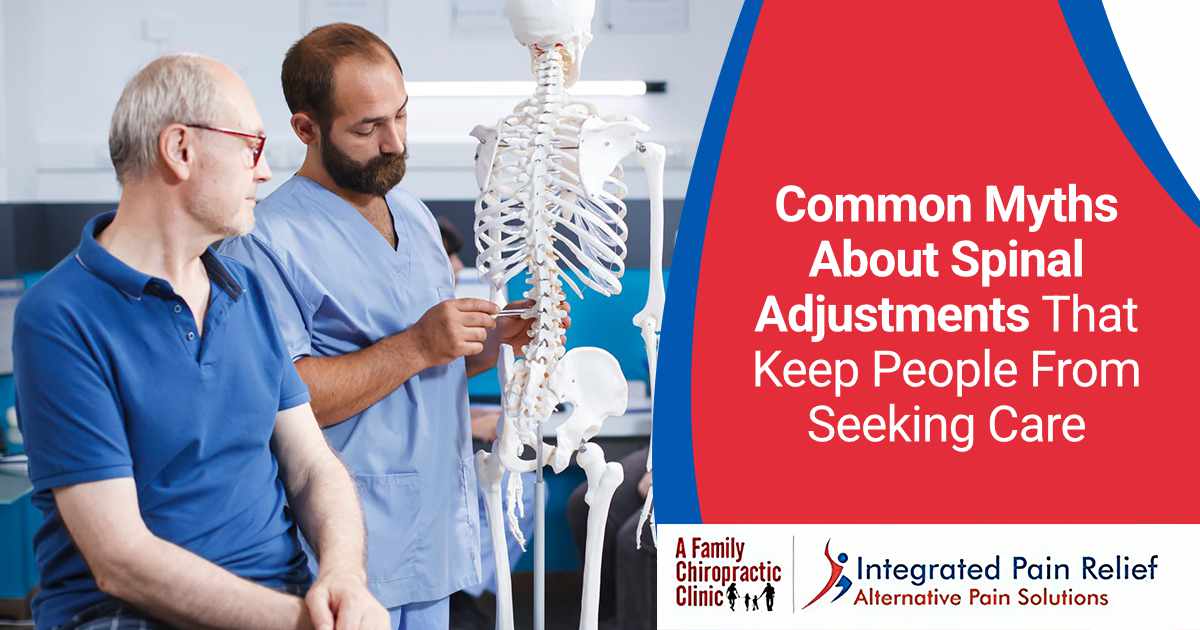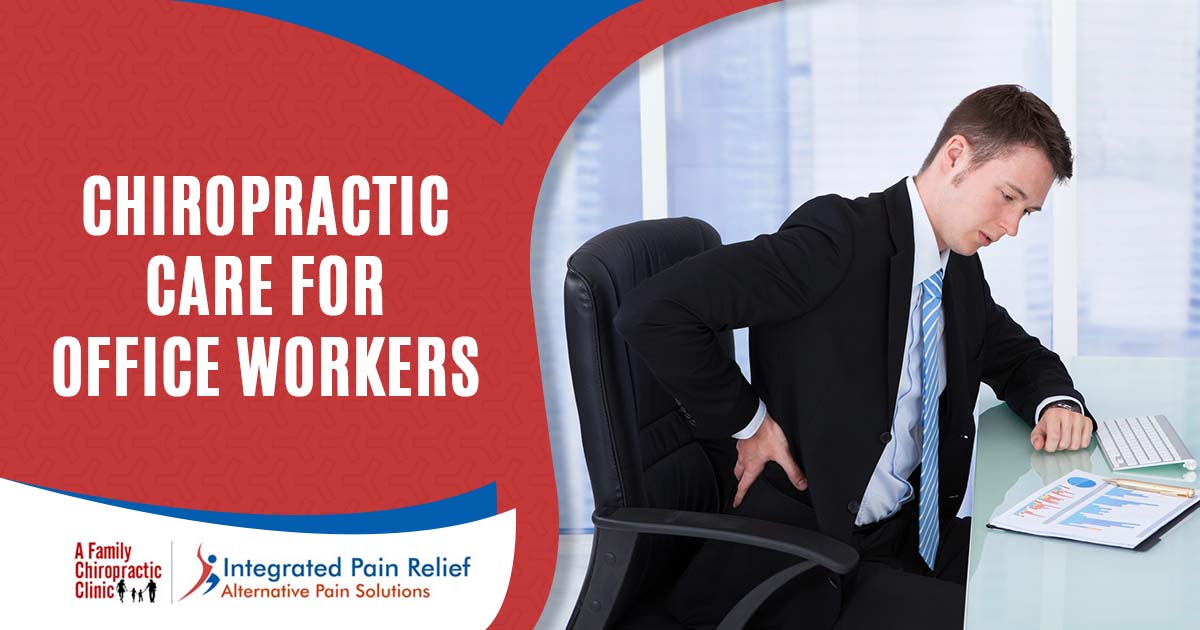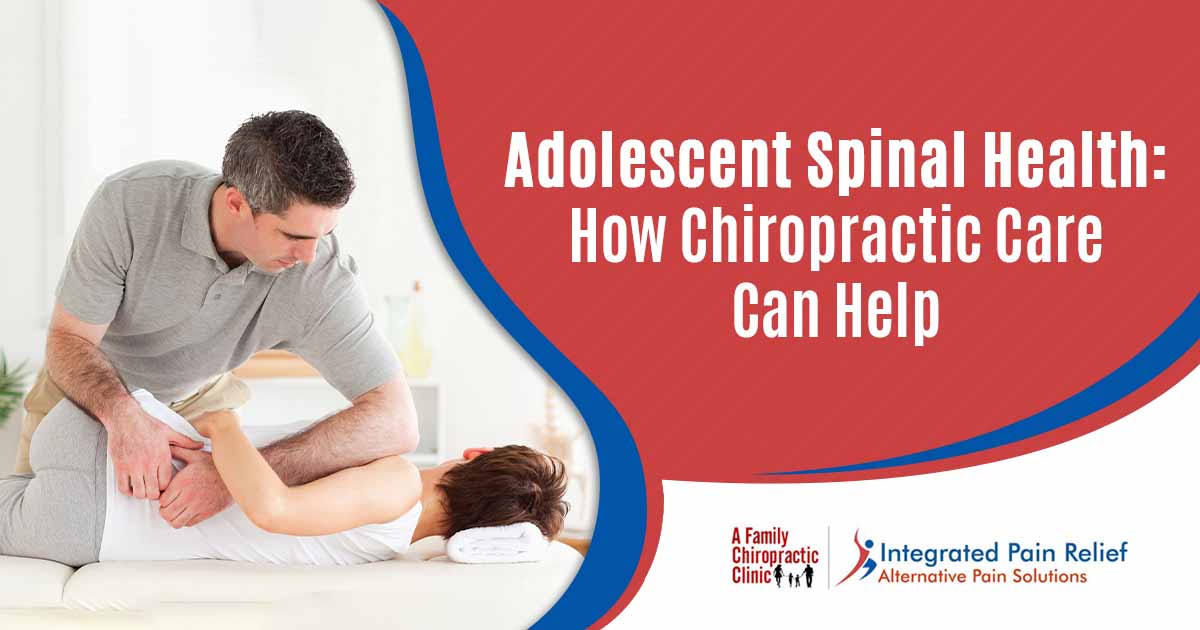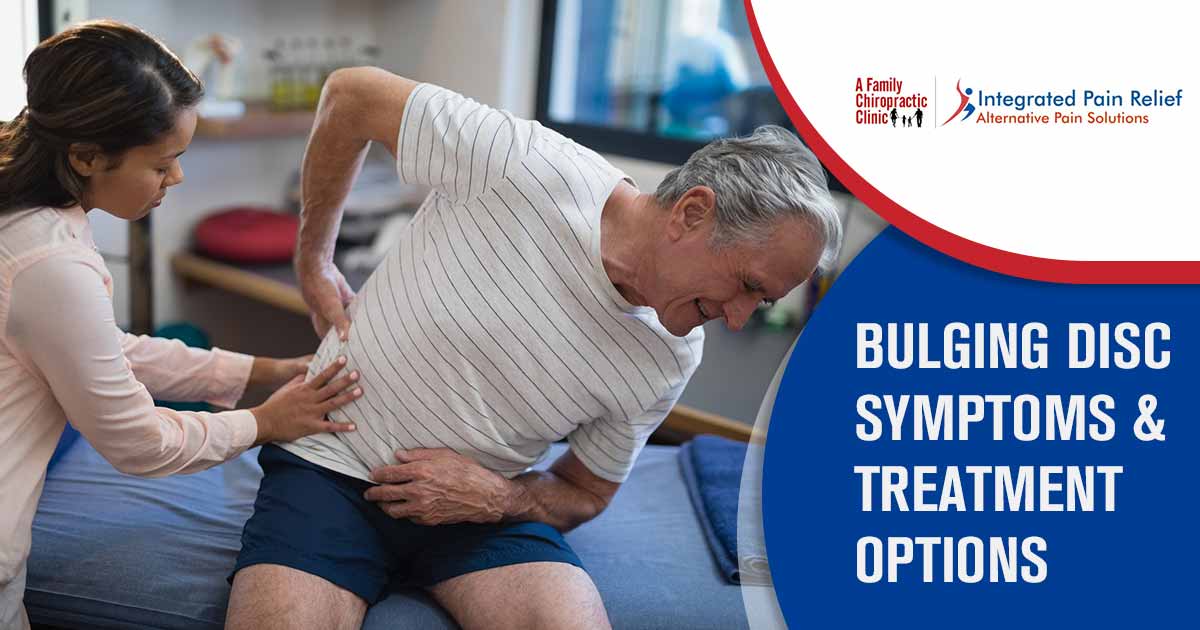Back pain can occur for a large number of reasons. Most of the time, people attribute their back pain to physical activity or bad posture. However, there is a silent culprit behind a lot of the back pain people suffer from. People who are prone to anxiety tend to suffer from back pain as a result.
We, here at A Family Chiropractic Clinic, want to help you find relief from your back pain. We specialize in treatment plans that reduce and relieve our patient’s back pain, no matter the cause. Our goal is to share our knowledge about back pain due to anxiety with you.
Causes of Back Pain from Anxiety
Millions of people suffer from back and neck pain every day. Unfortunately, it is a common problem that has many physical and mental causes. Those who suffer anxiety and anxiety-related back pain are more susceptible to other types of back pain later on. It’s important to understand that the back pain caused by anxiety is secondary. This means that having anxiety doesn’t necessarily cause the pain itself. Instead, the behavior caused by anxiety is what creates the pain.
Currently, researchers have many theories that connect anxiety and the pain you experience in your back. Most commonly, the pain could be a result of muscle tension. It’s a well-known fact that anxiety greatly increases muscle tension throughout your body. This tension can lead directly to back pain. The muscles in the back have a tendency to tense up during stressful times. This tension has been known to lead to back pain in both your upper and lower areas of the back.
How Anxiety Affects Your Back
If you’ve ever had a massage then you may understand how stress can leave knots in your muscles. The upper back and shoulders are particularly sensitive to this tension. However, there are other anxiety-caused behaviors that also contribute to pain in your back or neck.
When people are stressed or anxious they tend to have changes in their posture. This can influence everything. The way you sit, stand, move, etc. are all contributions to back pain. When combined with the muscle tension you may have yourself a dangerous and uncomfortable combination. Other symptoms of anxiety also can cause pain in various regions of your back.
Some people under a lot of anxiety and stress may help cope through their difficult time by reducing their activity levels. Healthy physical activity helps protect the back against pain by keeping the muscles in the back strong and flexible. People who are less mobile are more likely to have back pain. Inactivity due to another injury or illness can also contribute to anxiety.
Another anxiety related issue is hypersensitivity. It has been shown that those who suffer from anxiety tend to also experience physical sensations more extremely than those who don’t. This can actually cause mild back pain that wouldn’t normally impact your life to feel more painful and difficult to ignore. As you adjust your behavior to cater to the back pain you’re experiencing it can actually further aggravate your condition.
How to Stop the Cycle of Back Pain
Individuals suffering from back and neck pain or hypersensitivity to pain tend to over-adjust their lifestyle and movements in an effort to avoid pain. The over adjustment can actually contribute to the problem by causing pain in other areas of your back. It’s not uncommon for those who suffer from back pain to move, sit, stand, and walk differently than they do without pain. However, the adjustments you make to help relieve the pain actually end up doing more damage. The back pain can also further contribute to your anxiety. Increased anxiety will cause the muscles to tense up even further. As you can see, this can result in a never ending cycle of pain and anxiety for many people.
The best thing that you can do to break this cycle is to help treat the cause of your back pain. Treating the anxiety itself can bring you relief from both the anxiety itself and the corresponding pain. There are a few techniques that you can use to help combat both issues. Stretching is an important part of your daily activity. A few times a day take the time to stretch your muscles to help keep them flexible.
Consider your posture throughout the day. You don’t need to think about your posture obsessively. Simply pay attention to practicing good posture when you’ve been in the same position for a period of time. This will help you notice when your posture needs improvement and create good habits. Other good habits that you can develop include exercising and being mobile. The stretches above, pilates, yoga, and even going for walks are all great ways to reduce back pain and anxiety.
Know when to Ask for Help
Don’t be afraid to seek additional help regarding your anxiety. Speak with your doctor if you feel that you are unable to get it under control. You can also try alternative treatments such as massage and acupuncture to help relieve stress. Visiting a chiropractor is also a great way to get your back into prime condition. There are several different ways to help ease anxiety and everyone is different. It’s well worth the time to find out what works for you.









